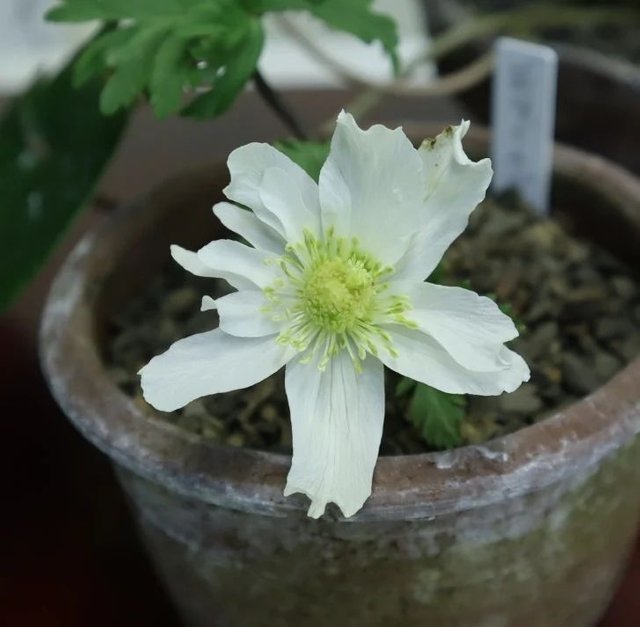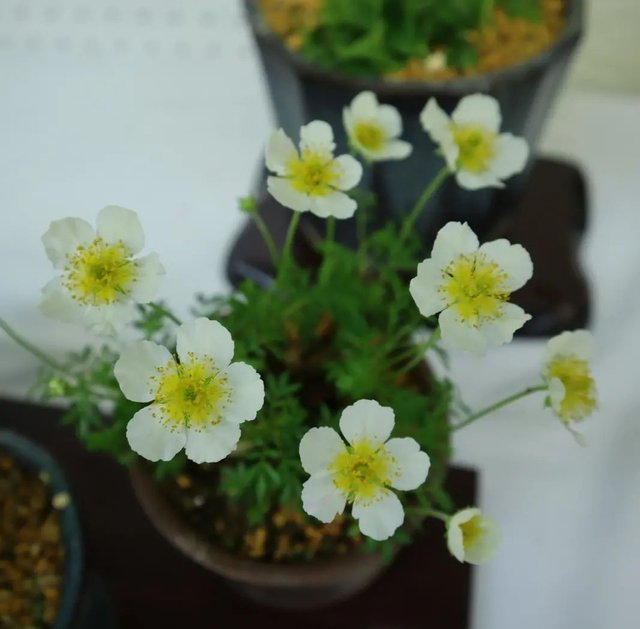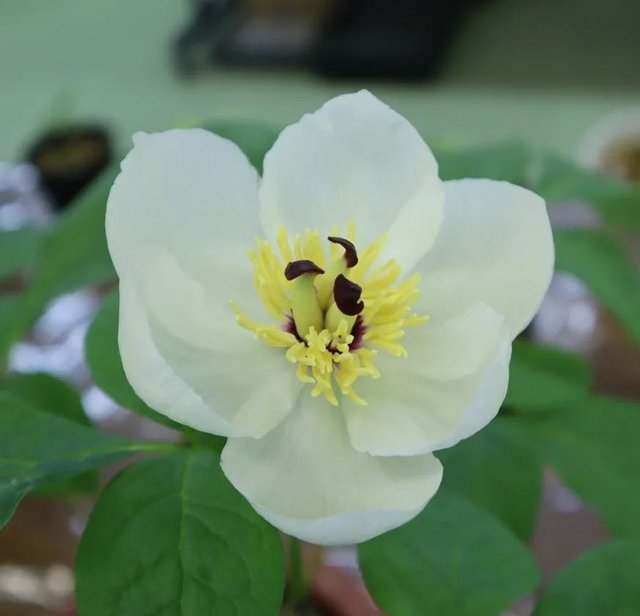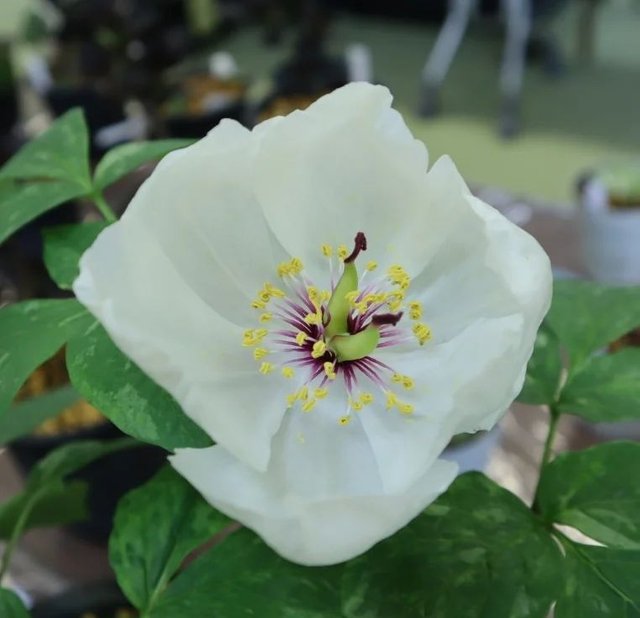Beauty of Paeonia obovata




In the heart of serene woodlands and meadows, amidst the dance of dappled sunlight, resides a botanical masterpiece that captivates with its delicate allure – Paeonia obovata. With its origins tracing back to the lush landscapes of East Asia, this exquisite flower, also known as the Japanese woodland peony, has long been revered for its enchanting beauty and cultural significance.Renowned for its captivating blooms that grace the landscape in late spring to early summer, painting the surroundings with hues of creamy white, soft pink, and vibrant magenta. Each blossom emerges from a backdrop of lush, deeply lobed foliage, creating a mesmerizing contrast that beckons admirers to linger in its presence.
Beyond its visual splendor, the Paeonia obovata carries a rich tapestry of symbolism and folklore. In Japanese culture, it symbolizes prosperity, good fortune, and happiness, making it a popular choice for wedding bouquets and floral arrangements. Its graceful form and timeless elegance have also inspired poets and artists for centuries, serving as a muse for expressions of love, beauty, and the fleeting nature of life.Botanically, Paeonia obovata is a perennial herbaceous plant that thrives in moist, well-drained soil and partial shade, making it an ideal addition to woodland gardens, shaded borders, and naturalized landscapes. Its low maintenance requirements and resilience in various climatic conditions have contributed to its popularity among gardeners and horticulturists worldwide.
In addition to its ornamental value, Paeonia obovata possesses medicinal properties that have been utilized in traditional herbal medicine for centuries. The roots and rhizomes of the plant contain compounds with anti-inflammatory, analgesic, and antispasmodic properties, offering relief from various ailments and promoting overall well-being.As stewards of the natural world, it is our privilege to safeguard and celebrate the diversity of plant life, including the exquisite Paeonia obovata. Whether admired in the wild or cultivated in gardens, its timeless beauty serves as a reminder of the intricate interconnectedness of all living beings and the enduring resilience of nature's creations.
